
Keynotes
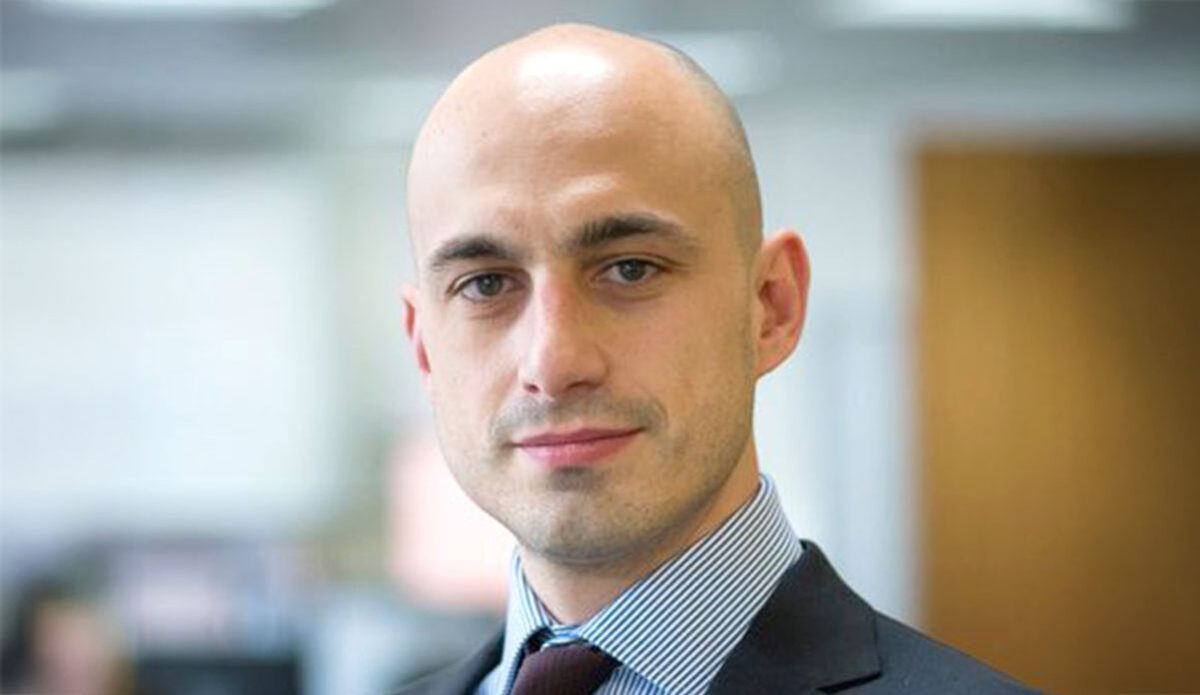
Dr. Matteo Bianciotto
International Hydropower Association
Senior Policy Manager and European Lead
Read more about Matteo Bianciotto
Global hydropower development to achieve climate sustainability goals
Hydropower and pumped storage hydropower (PSH) are the foundations of a secure, fair, and sustainable energy transition. Through the publication of the World Hydropower Outlook, the International Hydropower Association (IHA) tracks the annual progress of these technologies on a global scale. This session will explore market trends at both global and European levels, examine the current pipeline of projects, and discuss the key policies—both regional and global—that are essential to driving the sector forward and unlocking its full potential.
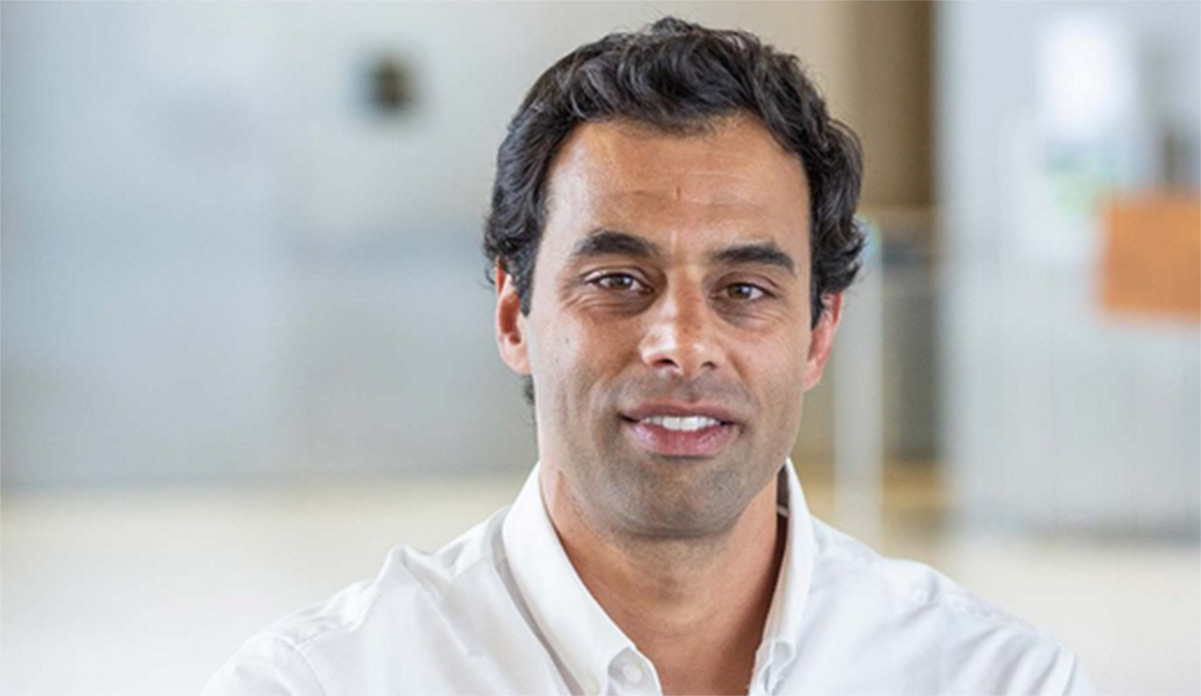
Dr. João Costa
Hydropower Sustainability Alliance
Executive Director
As Executive Director, João leads the strategic direction, financial management and operational excellence of the Hydropower Sustainability Alliance. His track record includes leading multiple international development projects, establishing a global sustainability certification system, and co-founding the HS Alliance.
João excels in cultivating partnerships with corporations, NGOs, financial institutions, and government bodies to integrate sustainability into equitable energy transition efforts. He continues to share his expertise through hands-on technical courses at the HS Training Academy. João holds an MPhil from the University of Cambridge in the UK and an MSc from Lisbon’s Instituto Superior Tecnico.
Link to HSA: https://www.hs-alliance.org/
Global perspectives on hydropower: Addressing ecological, social, and economic trade-offs in different regions
This presentation introduces the Hydropower Sustainability Standard, emphasizing its significance as a global benchmark for assessing and certifying ESG practices in hydropower, particularly within the European Union context. It highlights the Standard’s rigorous certification process, multistakeholder governance, and alignment with international sustainability frameworks. The presentation also showcases HSA’s capacity-building initiatives and specialized training programs designed to support hydropower developers, financiers, governments, and civil society in achieving continuous improvement and compliance with ESG best practices.
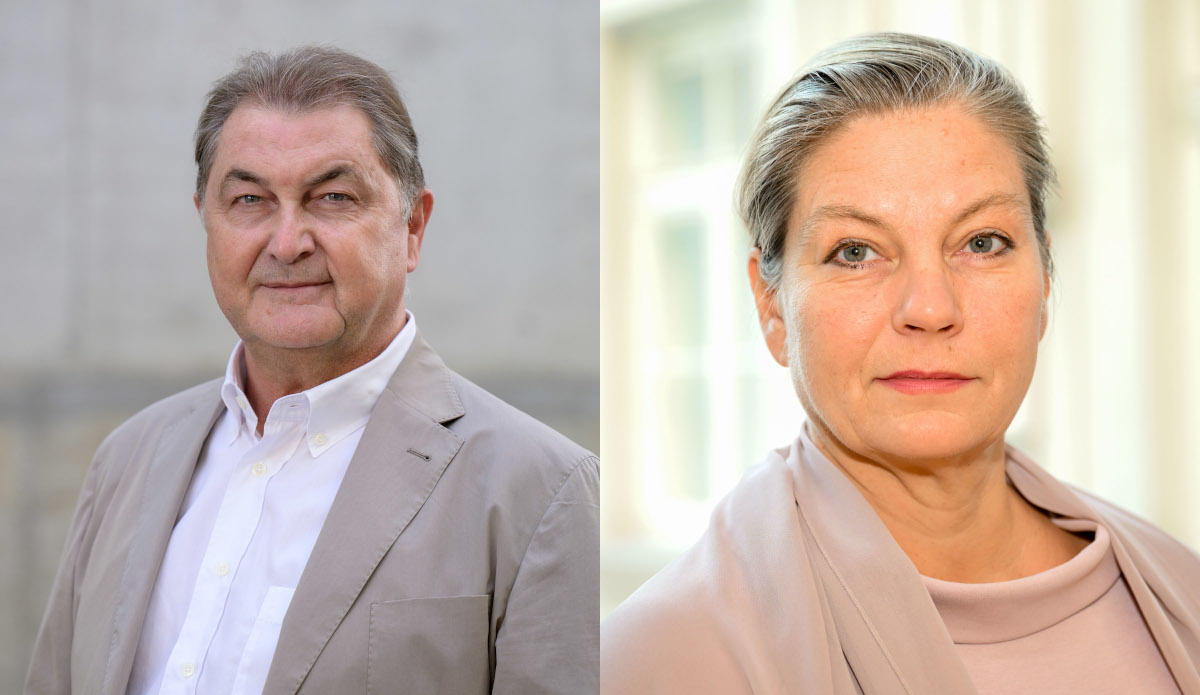
Monika Mörth, MAS & Dr. Karl Heinz Gruber
Federal Ministry Agriculture and Forestry, Climate and Environmental Protection, Regions and Water Management | VERBUND Hydro Power GmbH
Head of Directorate General Water Management | Managing Director
Austria
From conflict to collaboration: The Common Path for Hydropower and Ecology in Austria
In Austria, hydropower accounts for more than 60% of total electricity generation, making it the backbone of the country’s electricity system. Aligned with its commitment to achieving climate neutrality by 2040, Austria plans to further expand its renewable generation
capacities, focusing not only on hydropower but also on more variable sources like wind and PV. However, integrating these variable technologies requires a coordinated enhancements of flexibility and storage capacities to maintain a reliable and efficient electricity supply. To address the growing demand for flexibility and storage capacities, several large-scale pumped storage hydropower projects are currently under development, designed to provide crucial cross-border services.
While hydropower provides significant benefits, it is undeniable that it can significantly impact ecosystems, alter natural river dynamics, habitats and continuity. Comprehensive measures to improve the ecological status of water bodies are essential and include fish migration
facilities to restore connectivity, habitat restoration, increased ecological flow and measures to mitigate the effects of hydropeaking. To ensure consistent implementation of these measures, robust legal frameworks and green standards , applicable both for existing hydropower facilities and for new projects approvals are necessary. The Austrian Ministry for Water Management is responsible for overseeing the implementation of these measures and coordinating the collaborative process among all stakeholders.
It is essential to collaboratively develop sustainable solutions that contribute to climate change mitigation and biodiversity restoration. Achieving this goal necessitates enhanced communication and cooperation among authorities, industry stakeholders, and the scientific community. A scientifically informed, adaptive approach to developing broadly supported strategies and guidelines represents a promising path for effective implementation.
Austrian hydropower operators exemplify this integrated approach through comprehensive projects that contribute to the European Water Framework Directive’s restoration goals.
These efforts are visualized on a recently launched digital, interactive map, which currently highlights approximately 170 initiatives. Encompassing fish migration facilities, adjustments to residual water flows, and habitat restoration, these projects represent an investment of over 300 million euros dedicated to enhancing aquatic ecology throughout Austria. The map will be regularly updated to track progress.
Further information about Austrian water bodies, ecological status, and ongoing restoration
efforts can be found on the website of the Federal Ministry for Water Management (BMLUK).
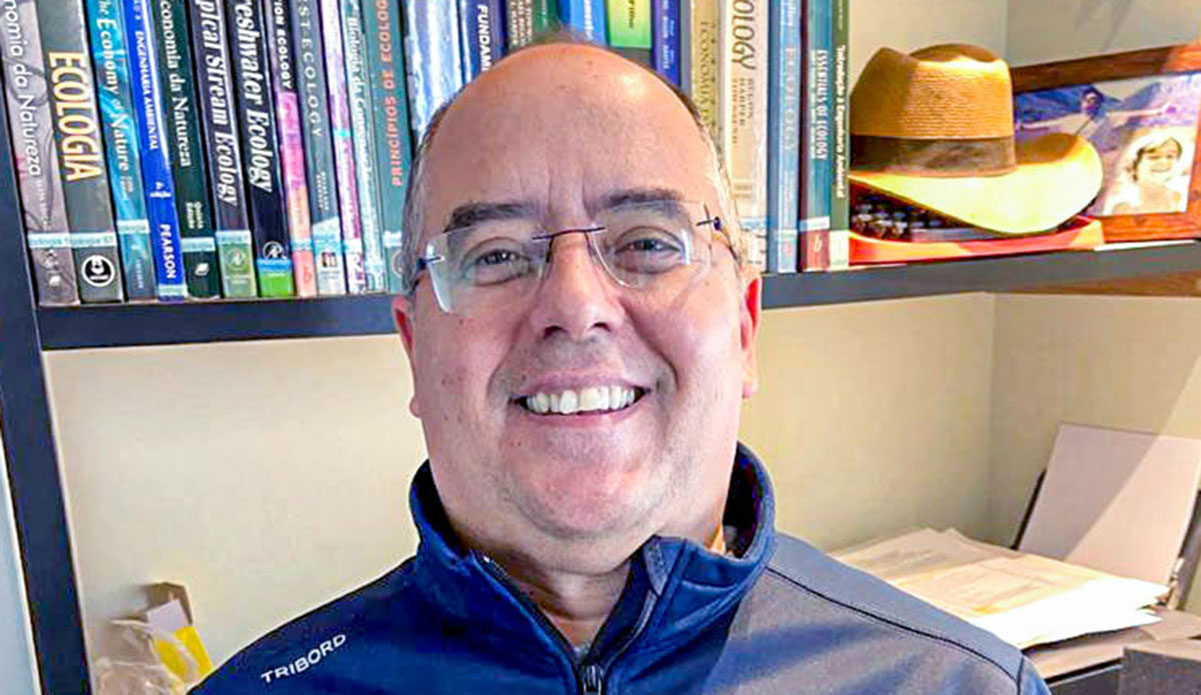
Prof. Marcos Callisto
The Federal University of Minas Gerais
Belo Horizonte, Brazil
Read more about Marcos Callisto
Hydropower and freshwater ecology in South America – a Brazilian perspective
Aquatic ecosystems are under pressure from human activities, including deforestation of riparian forests, siltation, and nutrients, leading to the loss of biodiversity worldwide. Three questions will be addressed in this talk:
- How do changes in land use due to human occupation alter water quality, habitat heterogeneity, biodiversity responses, and ecosystem services in hydropower hydrologic units?
- How can reference conditions in headwaters be characterized and protected to conserve water quality and quantity?
- How can social involvement be increased in the conservation of biodiversity, water quality, and ecosystem services in South America?
Thus, we have important knowledge gaps, including:
- What are the taxonomic and functional diversity answers across gradients of environmental conditions?
- How does biodiversity respond to predictions of global change?
- What are the reference conditions (and ecological refuges?)
- How are Citizen Science initiatives practical for the exercise of ecological citizenship and conservation of aquatic biodiversity?
Field samplings, transdisciplinary scientific experiences, schoolteachers and students’ involvement result in a practical Brazilian experience in South America to discuss. In summary, it is urgent to sum academic efforts to electrical companies and government sections provide information, management, protection and conservation of river basins.
Keywords: conservation, aquatic insects, biodiversity.
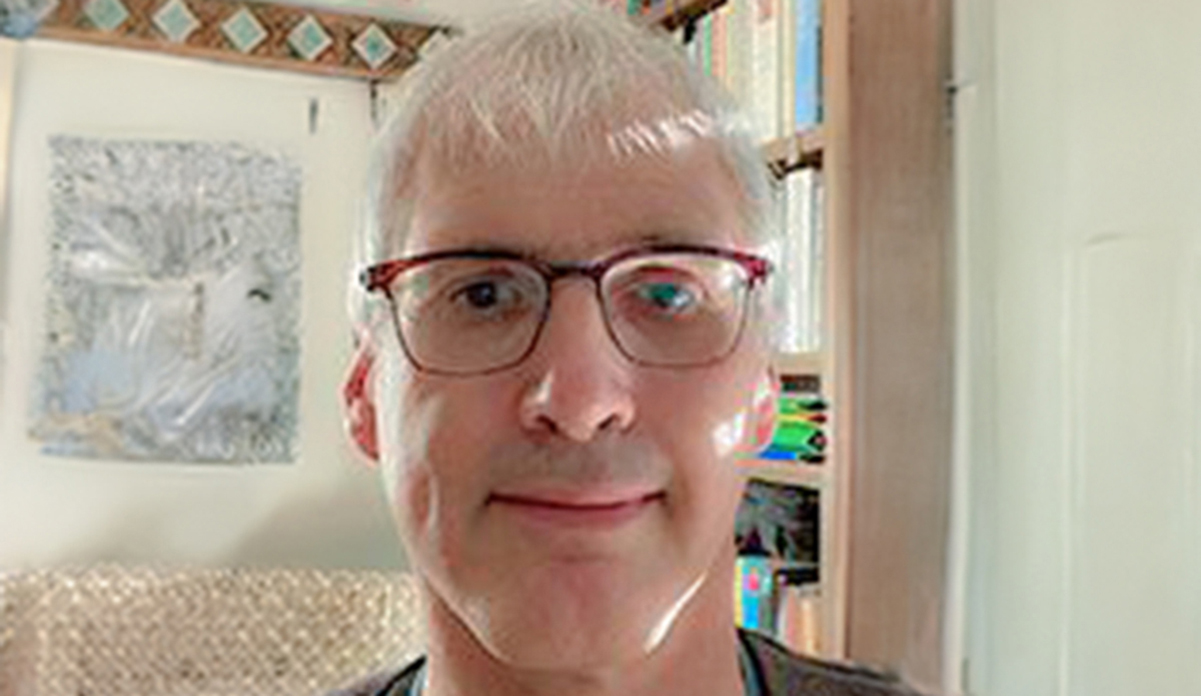
Dr. Wouter van de Bund
European Commission, Joint Research Centre
Italy
Sustainable Hydropower in a Water Resilient Europe
The European Commission recently published a European strategy setting out a pathway to make Europe water resilient. Our economy, food, energy security (including the hydropower sector), and quality of life rely are all dependent on a sustainable supply and quality of water, and safeguarding our water is crucial for our future. The Water Resilience strategy promotes collaboration across sectors for resilient water systems, with three key objectives:
1) Restoring and protecting the water cycle. The key here is to strengthen the integrated management of water resources by better and more coherent implementation an enforcement of the water related EU legislation – the Water Framework Directive, the Habitats Directive, the Nature Restoration regulation, and the Floods Directive. Nature-based solutions are key measures to increase water retention and resilience within landscapes;
2) Building a water-smart economy together with citizens and economic actors in a way that supports EU competitiveness, is attractive to investors and promotes the EU water industry. Here the focus is on enhancing water efficiency across all sectors, including hydropower;
3) Securing clean and affordable water and sanitation for all and empowering consumers for water resilience. This objective focuses on implementation of the Drinking Water and Urban Wastewater Treatment directives, with increased consumer awareness and water pricing, ensuring that the ‘polluter pays’ principle is applied.
This keynote will address the relevance of the Water Resilience Strategy for the hydropower sector, with emphasis on the need for coherence between River Basin Management Plans, Flood Risk Management Plans and national Nature Restoration Plans, discussing the main bottlenecks and implementation priorities related to hydromorphological pressures and river continuity.
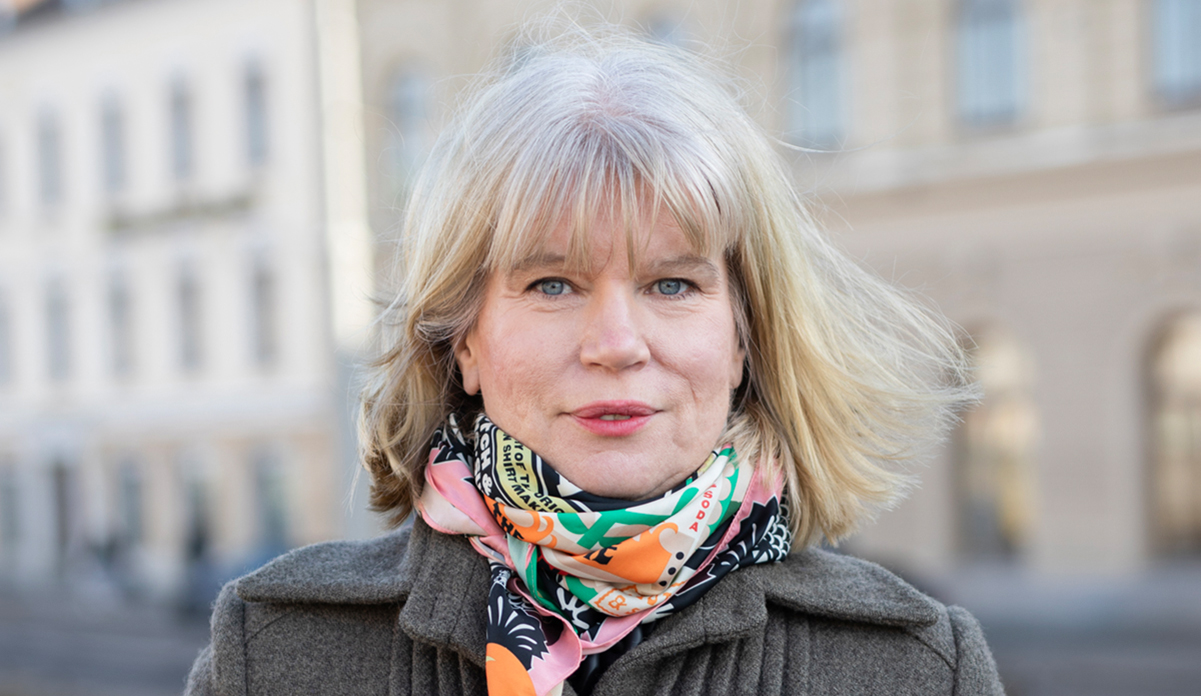
Anna Jivén
Vattenkraftens Miljöfond Sverige AB
CEO
Sweden
The Swedish Hydropower fund: from concrete barriers to common ground
Swedish hydropower is going to be modernized, in order to achieve the greatest possible benefit for both the environment and national access to electricity. Owners of hydropower plants can receive financial grants from Vattenkraftens Miljöfond (The Swedish Hydroelectric
Environmental Fund) to adapt their facilities, enabling them to continue to produce renewable energy with less impact on the environment.
With 1 billion Euro in funding and a plan covering the environmental adaption of all 2000 hydro plants in Sweden over the coming 20 years, the fund offers more than just financial resources. It will also enable and foster collaboration and dialogue between stakeholders.
In this keynote, I will tell you the story of the fund — why the owners initiated it, what the results are so far, and the anticipated outcomes for the coming two decades.
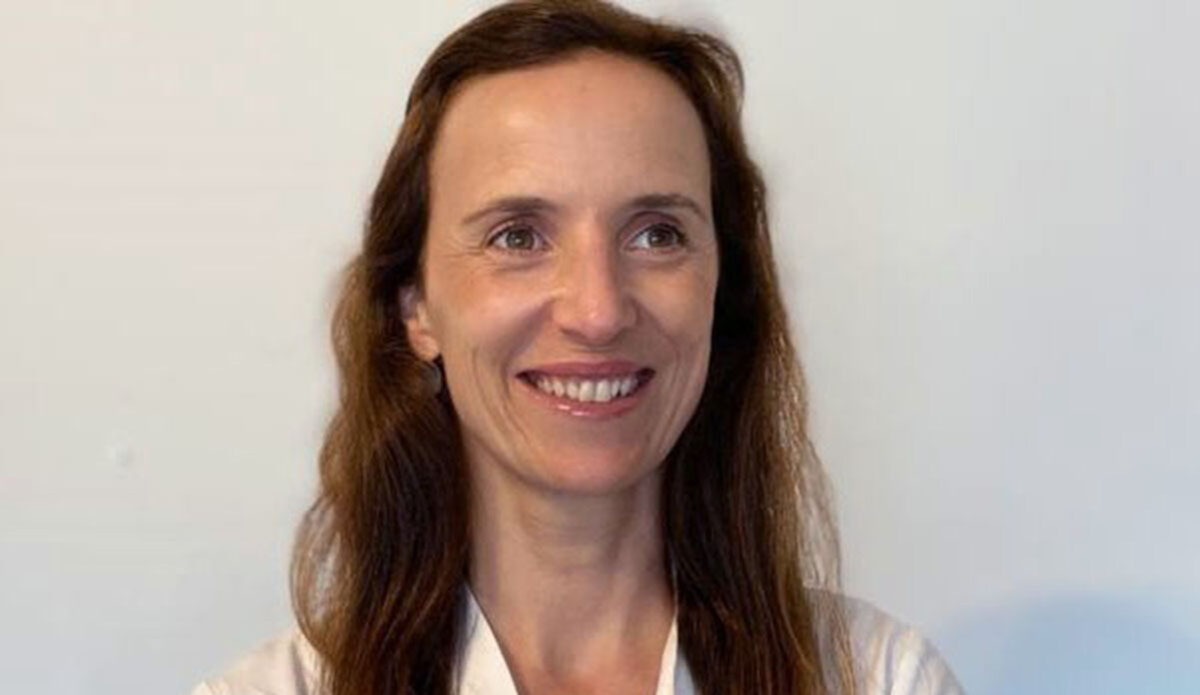
Dr. Isabel Boavida
Department of Civil Engineering, Architecture and Environment, Instituto Superior Tecnico, Universidade de Lisboa
Invited Assistant Professor and Senior Researcher
Portugal
Future challenges in hydropower’s environmental and social sustainability
Sustainable hydropower faces a complex future as it navigates environmental and social challenges. This keynote presents the key findings from the Horizon Scan on Sustainable Hydropower, a global initiative that proactively identified the most critical issues expected to shape the sector in the future. An issue was considered important if they were expected to have a significant impact on the environmental and social sustainability of hydropower in the next 5-10 years.
Using a structured Delphi process, an international team of interdisciplinary experts – from academia, conservation, policy, and industry – highlighted emerging challenges including climate change, environmental flows for biodiversity conservation, urgency of innovation in monitoring strategies, and social equitable benefits, among others. This talk explores these pressing issues, including the balance between energy security, ecosystem integrity, and social inclusion. It will also address global trends that will influence hydropower’s future. By anticipating these challenges, the sector can proactively adapt and promote a more sustainable and socially responsible hydropower development.

